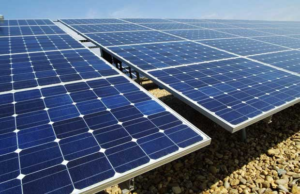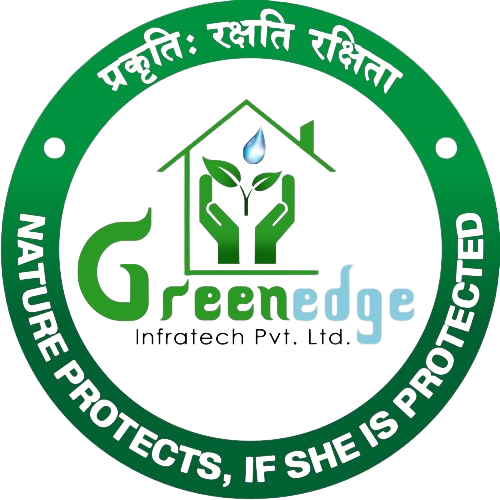PV modules, also known as solar panels, are the most recognizable and essential component of a solar power system. They are made up of multiple interconnected solar cells, which convert sunlight into direct current (DC) electricity.
PV modules come in different sizes and shapes, and can be used in a variety of applications, from small residential systems to large commercial and utility-scale installations. They are typically mounted on rooftops or in open fields, and are designed to capture as much sunlight as possible in order to generate electricity.

There are several types of PV modules, each with their own advantages and disadvantages. The most common type is crystalline silicon, which is made up of silicon wafers that are cut from a single crystal or cast from a molten silicon mixture. Crystalline silicon modules are highly efficient and reliable, and are the most widely used type of PV module.
Another type of PV module is thin-film, which is made up of a thin layer of semiconductor material deposited on a substrate such as glass or plastic. Thin-film modules are less efficient than crystalline silicon modules, but they are lighter and more flexible, and can be used in a wider range of applications.
PV modules also come in different efficiency levels, which refers to the amount of sunlight they are able to convert into electricity. Higher efficiency modules are more expensive, but they can generate more electricity per unit of surface area, making them a good choice for applications where space is limited.
In addition to efficiency, PV modules are also rated according to their power output, which is measured in watts. This rating is based on the maximum power output the module can generate under standard test conditions.
When choosing a PV module, it is important to consider factors such as efficiency, reliability, and cost. Higher efficiency modules are generally more expensive, but they can provide a greater return on investment over the lifetime of the system. Reliability is also important, as PV modules are designed to last for many years and are a significant investment for most homeowners and businesses.
In conclusion, PV modules are an essential component of a solar power system, capturing sunlight and converting it into electricity. There are several types of PV modules to choose from, each with their own advantages and disadvantages. When selecting a PV module, it is important to consider factors such as efficiency, reliability, and cost to ensure that the system operates at optimal levels and provides the greatest benefit to the user.
